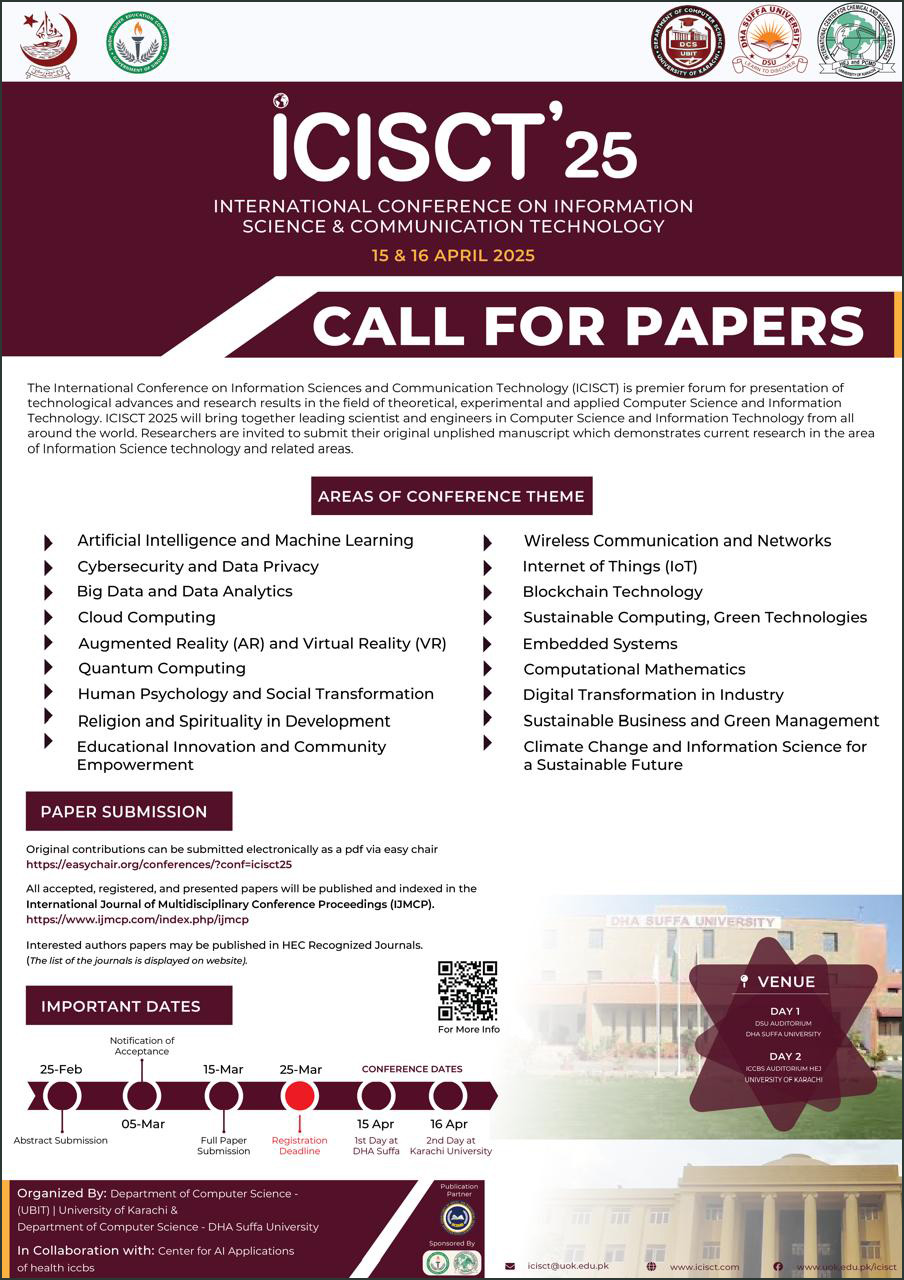Greening the Workplace: Understanding the Link Between Organizational Culture and Pro-Environmental Behavior in Pakistan's Tourism and Hospitality Sector
DOI:
https://doi.org/10.61503/cissmp.v3i1.120Keywords:
Green Organizational Culture, Environmental Self-Identity, Pro-Environmental Behaviour, Social Identity TheoryAbstract
In contemporary discourse, scholars increasingly emphasize the pivotal role of cultivating a green organizational culture (GOC) to drive environmental sustainability within workplaces. However, a significant research gap exists in understanding how GOC influences employees' promotion of environmentally friendly behavior (PEB). Drawing on social identity theories, this study investigates the intricate relationship between GOC and employees' PEB, with a particular focus on the mediating role of employees' environmental self-identity (ESI). Conducted across Pakistan's vibrant hospitality and tourism industries, data from 450 employees were meticulously analyzed using structural equation modeling to scrutinize hypotheses. The findings illuminate a robust and positive correlation between GOC and PEB, underscoring the transformative potential of organizational culture in shaping employees' environmental conduct. Furthermore, the analysis reveals the pivotal intervening role of ESI, elucidating how employees' identification with environmental values mediates the influence of GOC on their behavior. This research not only addresses a critical void in the literature but also offers actionable insights for organizations seeking to enhance their environmental sustainability efforts. By highlighting the centrality of GOC in fostering PEB, this study contributes to advancing our understanding of organizational dynamics and sustainability initiatives in contemporary workplaces.
Downloads
Downloads
Published
Issue
Section
License
Copyright (c) 2024 Syed Muhammad Abbas, Muhammad Shahid Tufail

This work is licensed under a Creative Commons Attribution-NonCommercial 4.0 International License.
Contemporary Issues in Social Sciences and Management Practices (CISSMP) licenses published works under a Creative Commons Attribution-NonCommercial (CC BY-NC) 4.0 license.









